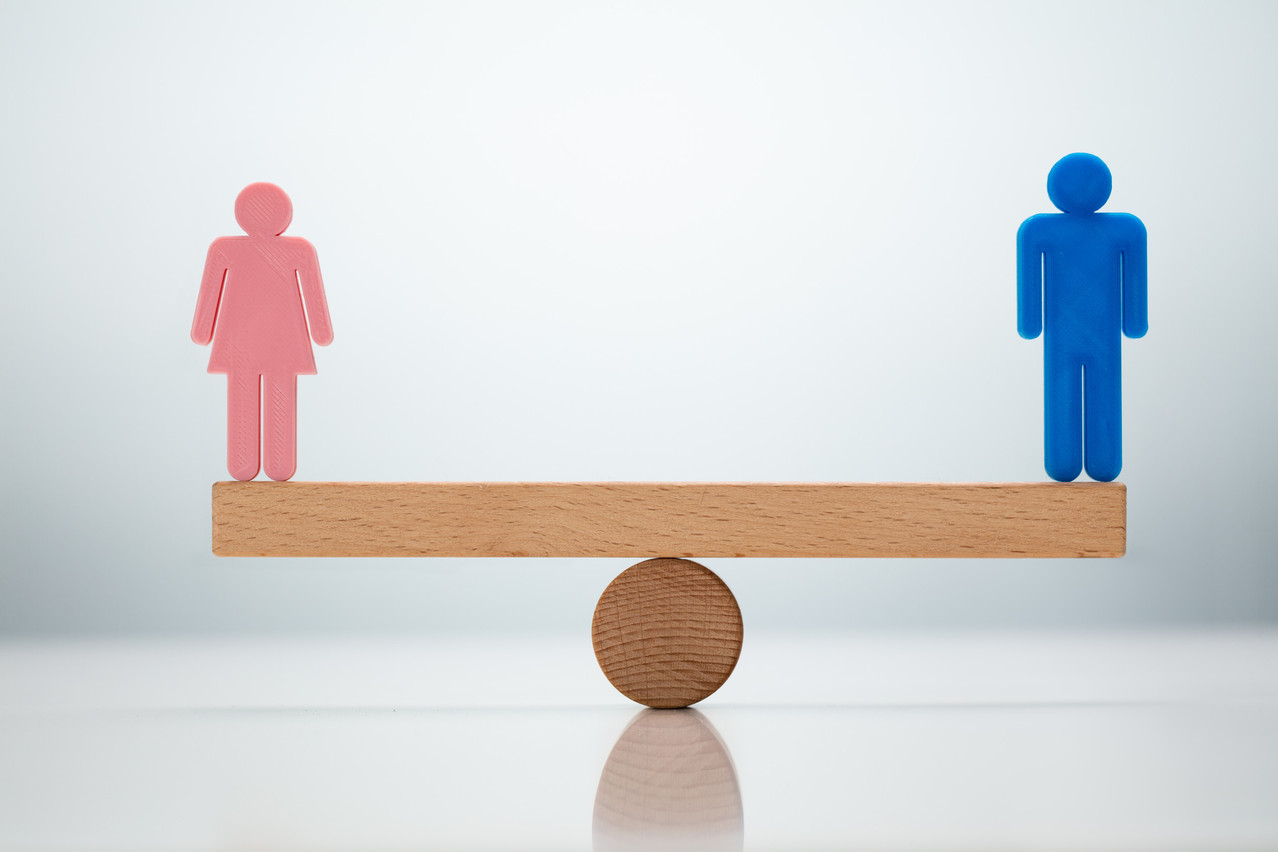The , which has been organised by the European Institute for Gender Equality for six years now, is based on six core markers of equality: work, money, knowledge, time, power and health, which was the special focus of the report this year.
Intersecting inequalities--like age, disability, education, origin--and violence against women are also considered when scoring the 27 participating countries, though no data was available for the latter topic this year.
Luxembourg scored better than the European average in all subjects. Though proud of the country’s progress--an increase of 11.2 index points since 2010--the minister of equality between women and men, Taina Bofferding, said in an official statement: "The pandemic crisis has shown us that regressions in terms of gender equality are to be feared, calling into question the gains that have already been made.”
She continued: “The question of responsibilities within the household or the use of teleworking are just two factors that influence the compatibility of work and private life. This is why the figures for the next edition of the GEI must take into account the effects of the crisis.”
As part of its plan to close the gender gap, Luxembourg in March 2021 launched a . The tool largely bases itself on the European gender equality index to define its criteria, planning to refine them by 2023.
The so-called “Observatoire de l’égalité” follows other such observatories in Luxembourg, such as for housing or health, and aims to provide a better understanding of gender equality in the grand duchy in areas including domestic violence, jobs, leadership, work-life balance, education, income and health.
The index report published on Thursday does however indicate that it would take up to three generations to close the gender gap in Europe at the current pace. The European Union as a whole scored an average of 68 points out of 100.
Read also
